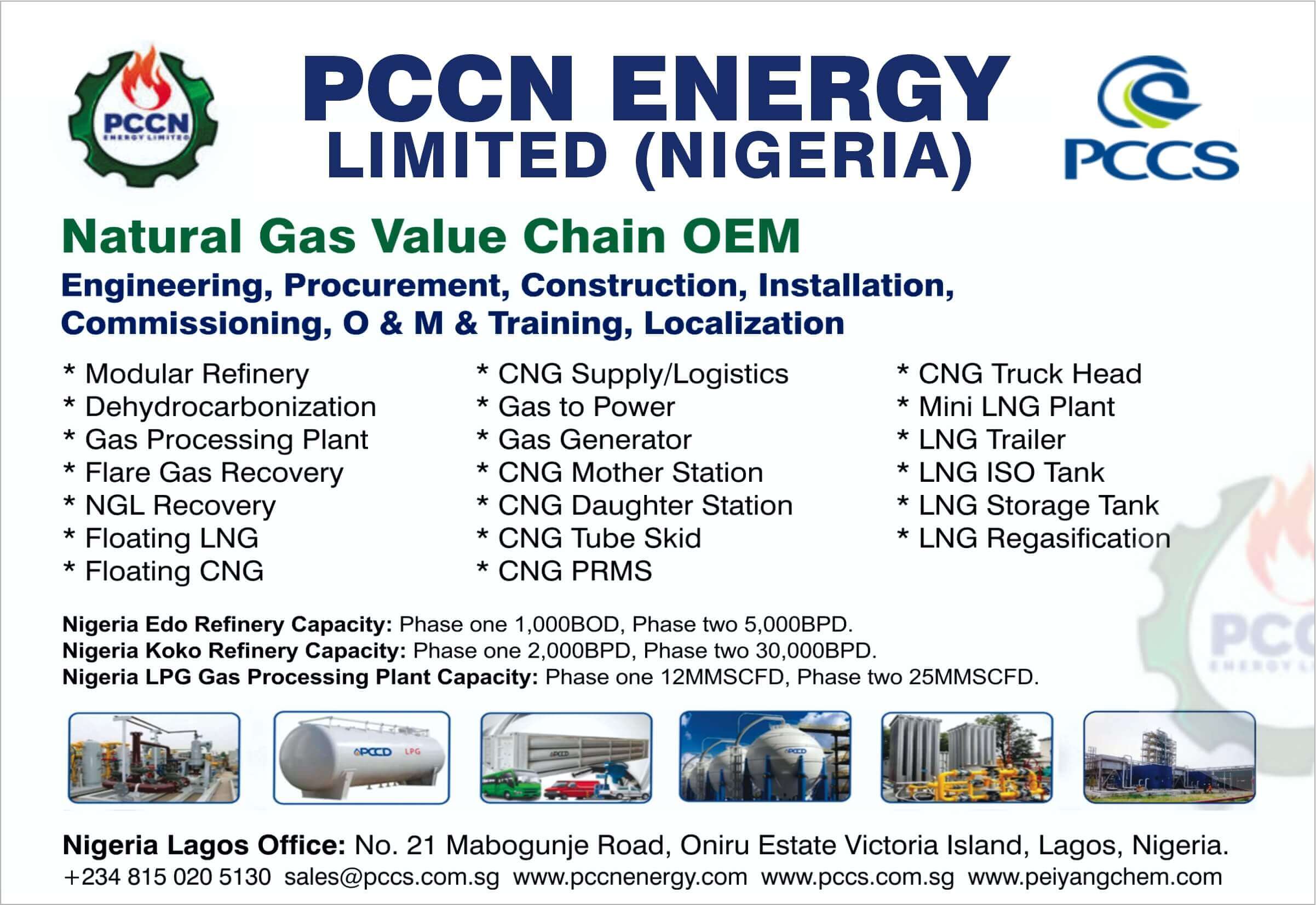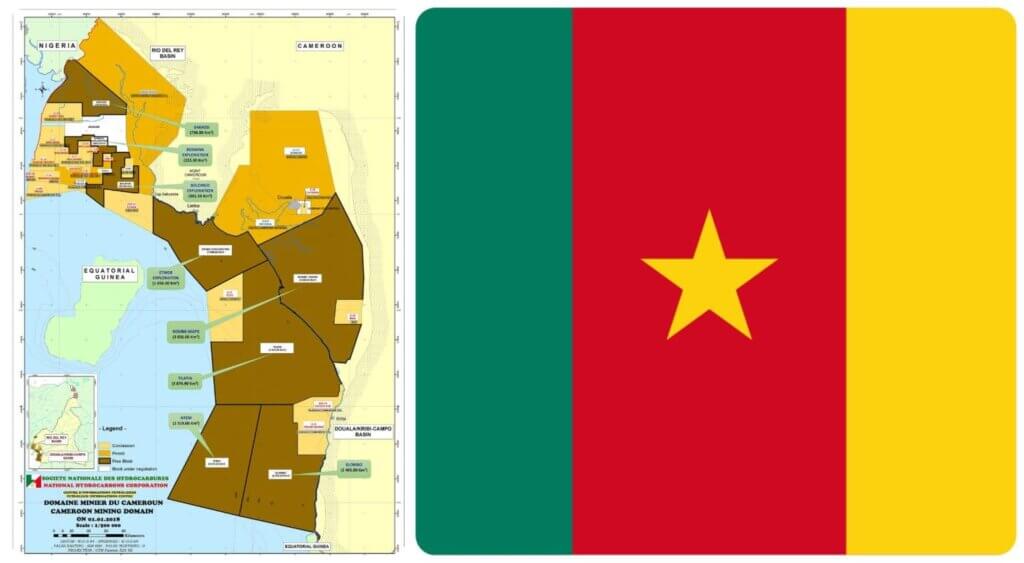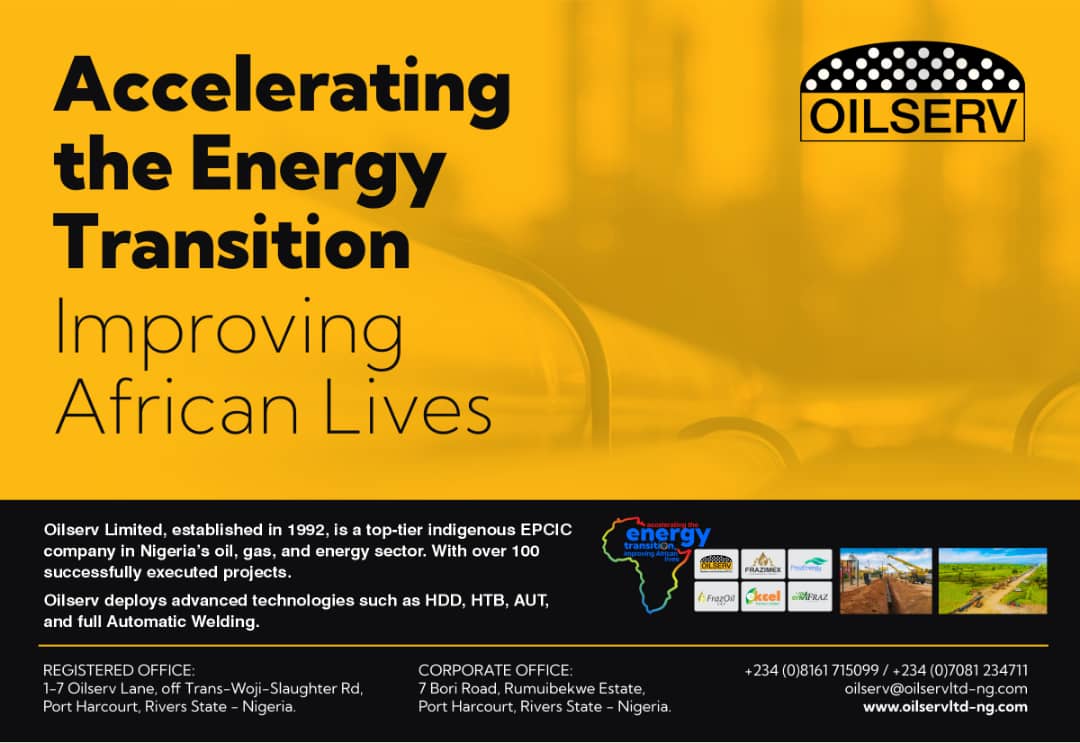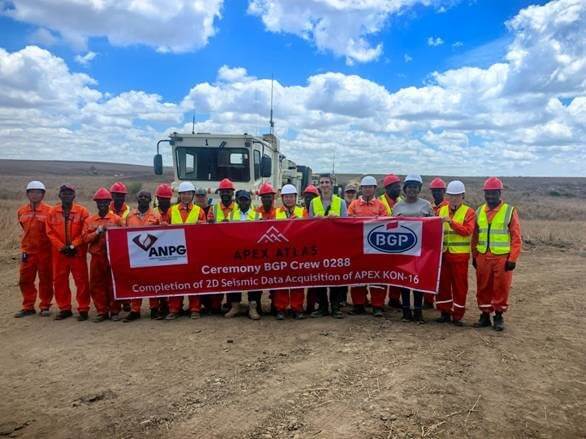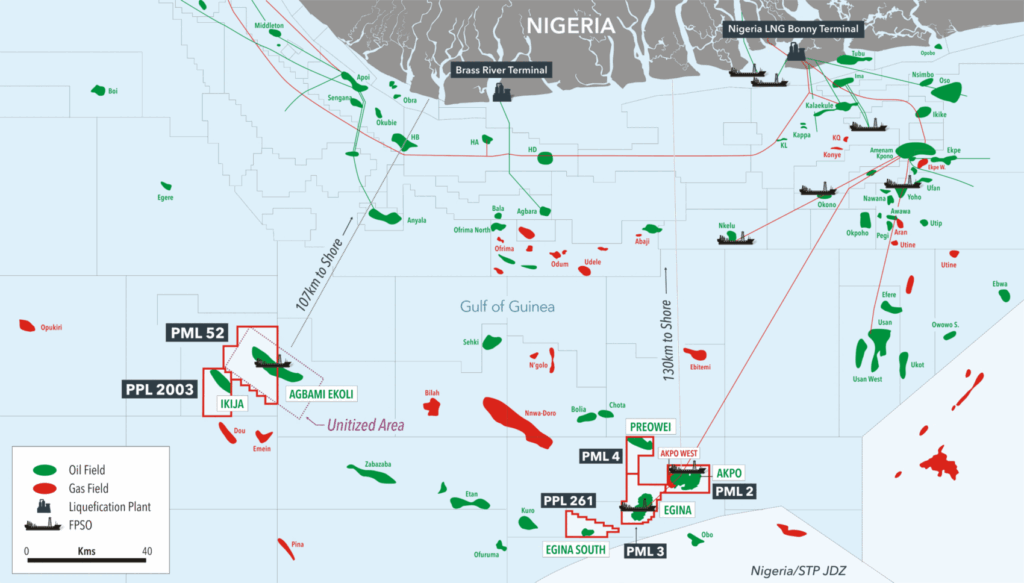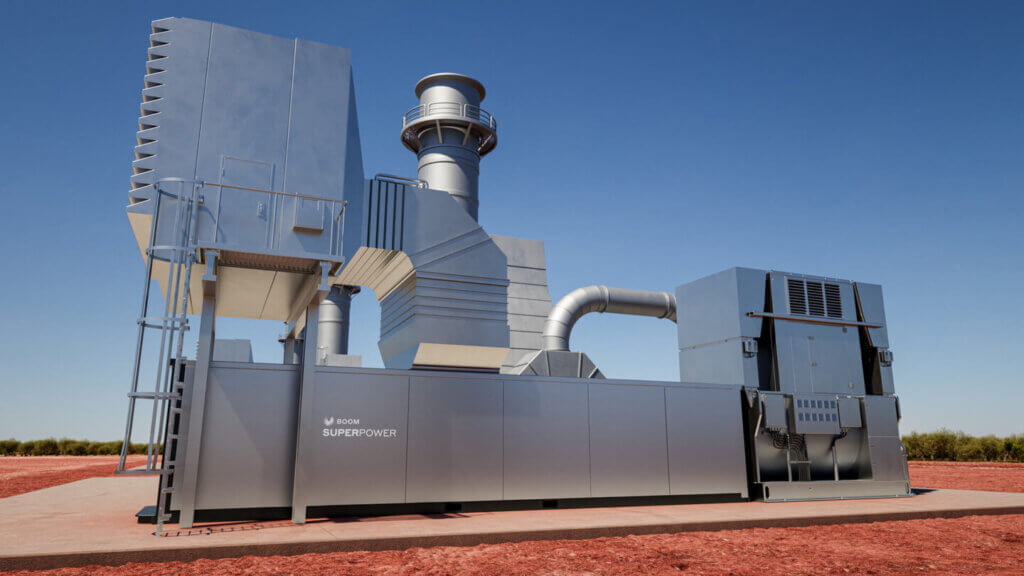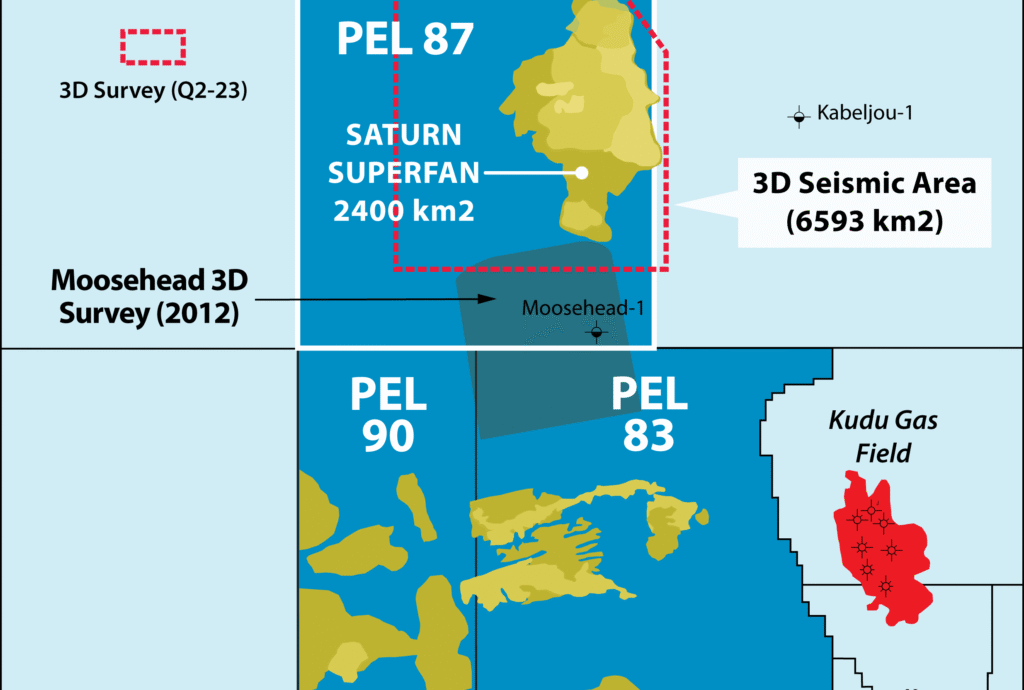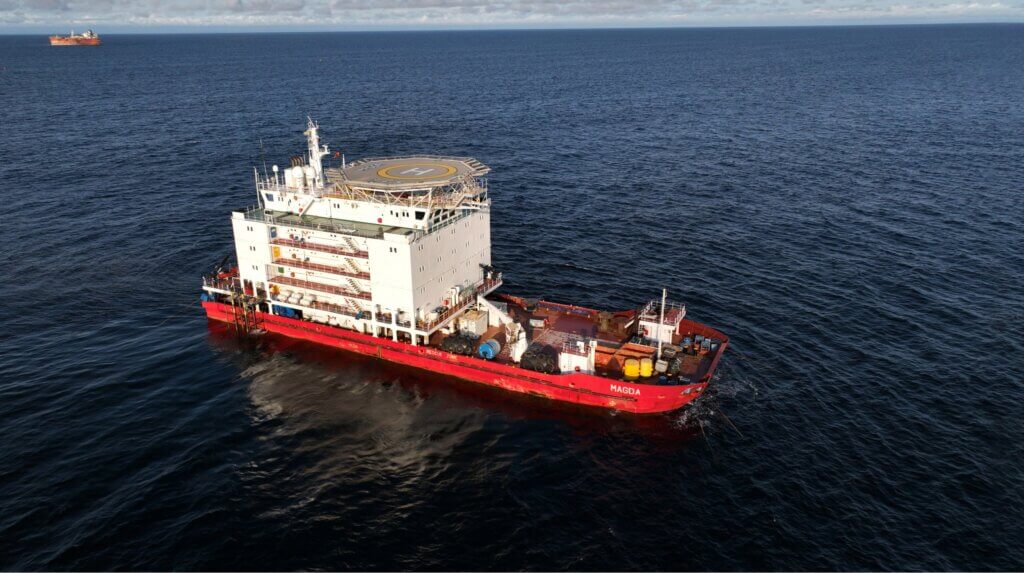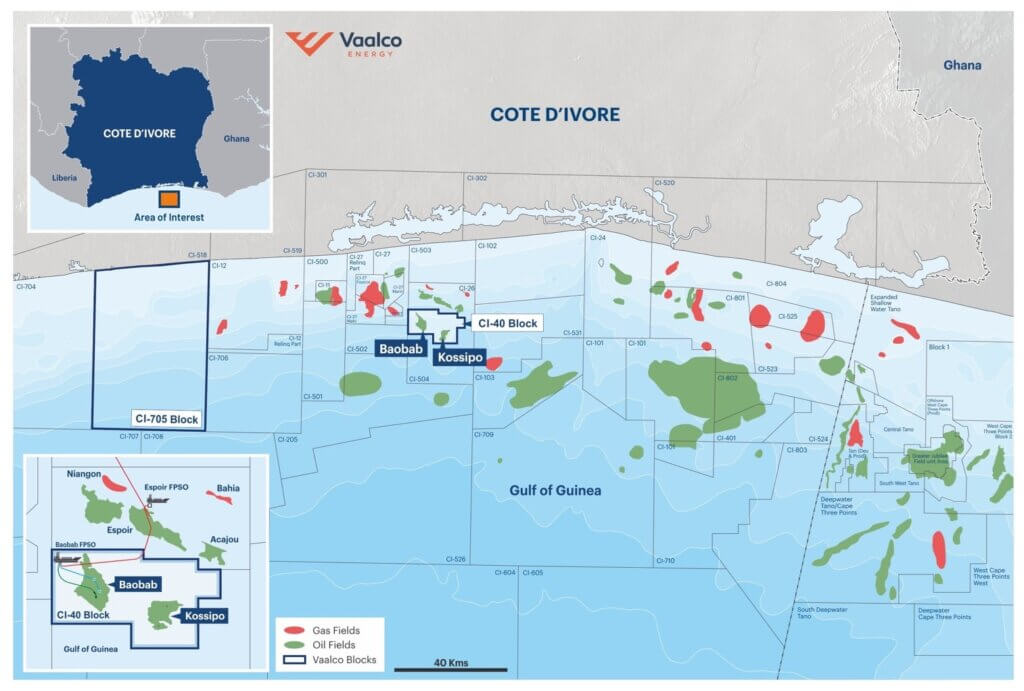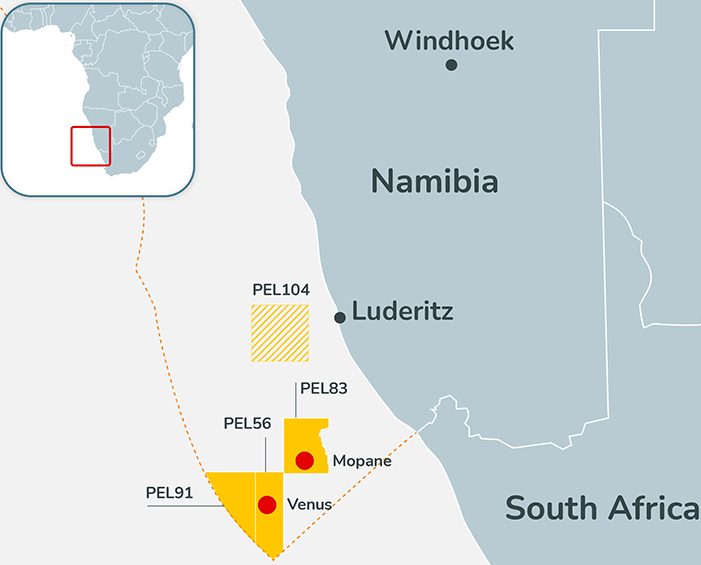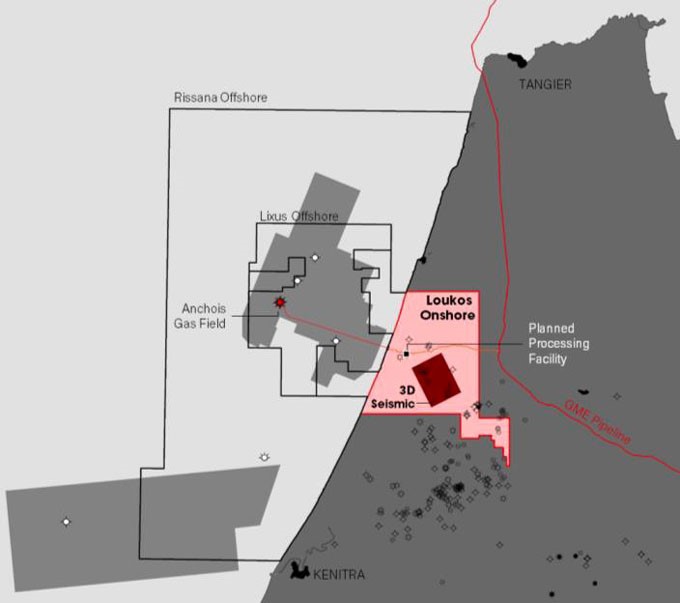
The Biden-Harris administration has approved the New England Wind offshore wind project – the nation’s eighth approval of a commercial-scale, offshore wind energy project under President Biden’s leadership. With today’s approval, the Department of the Interior has approved more than 10 gigawatts of clean energy from offshore wind projects — enough to power nearly 4 million homes.
“The Biden-Harris administration has built an offshore wind industry from the ground up after years of delay from the previous administration. Today, we celebrate the incredible progress being made toward achieving our goal of 30 gigawatts of offshore wind energy capacity by 2030,” said Secretary Deb Haaland. “The New England Wind project will help lower consumer costs, combat climate change, create jobs to support families, and ensure economic opportunities are accessible to all communities.”
“With the approval of the New England Wind project, we have now approved more than 10 gigawatts of offshore wind projects in under three years,” said Bureau of Ocean Energy Management Director Elizabeth Klein. “BOEM is proud of our open communication and frequent collaboration with federal partners, Tribal Nations, states, industry and ocean users to shape project reviews and avoid or minimize conflict with existing users and marine life.”
“Because of President Biden’s vision and leadership, we’ve made remarkable progress scaling-up America’s offshore wind industry – with eight large-scale offshore wind projects now approved under this Administration, totaling more than 10 gigawatts,” said President Biden’s National Climate Advisor Ali Zaidi. “Today’s approval of New England Wind continues a surge of momentum that the Biden-Harris administration is delivering to grow the American offshore wind industry, power millions of American homes with clean energy, and create good-paying, climate jobs. Just last month, we approved the seventh offshore wind project and expanded pathways for offshore wind projects to be eligible for the Energy Communities tax credit bonus. We will continue to use every available tool to ensure America leads the future of the offshore wind industry. This is a win-win-win for workers, communities, and our ability to tackle the climate crisis.”
Bidenomics and the President’s Investing in America agenda are growing the American economy from the middle out and bottom up – from rebuilding our nation’s infrastructure, to driving over half a trillion dollars in new private sector manufacturing and clean energy investments in the United States, to creating good-paying jobs and building a clean energy economy that will combat the climate crisis and make our communities more resilient.
In addition to the milestones achieved today, since the start of the Biden-Harris administration, BOEM has held four offshore wind lease auctions which have brought in almost $5.5 billion in high bids, including a record-breaking sale offshore New York and New Jersey, and the first-ever sales offshore the Pacific and Gulf of Mexico coasts. BOEM has also advanced the process to explore additional opportunities for offshore wind energy development in the U.S., including in the Gulf of Maine and offshore Oregon and the U.S. Central Atlantic coast. The Department has also taken steps to drive towards union-built projects and a domestic-based supply chain.
The New England Wind project is expected to generate up to 2,600 megawatts of electricity, enough to power more than 900,000 homes with clean renewable energy. The project is situated approximately 20 nautical miles (nm) south of Martha’s Vineyard, Massachusetts, and about 24 nm southwest of Nantucket, Massachusetts. Park City Wind, LLC proposed a two-phased project plan comprising up to 129 wind turbine generators (WTGs), with up to five offshore export cables transmitting electricity to onshore transmission systems in the Town of Barnstable and Bristol County, Massachusetts.
On Feb. 26, 2024, BOEM announced the final Environmental Impact Statement (Final EIS) for the proposed New England Wind project, which analyzes the potential environmental impacts of the activities outlined in the project’s construction and operations plan and considers reasonable alternatives. During a 60-day public comment period, BOEM hosted three virtual public meetings to gather feedback on the Draft EIS from Tribal Nations, members of the public, commercial fishing interests, and other ocean stakeholders.
























